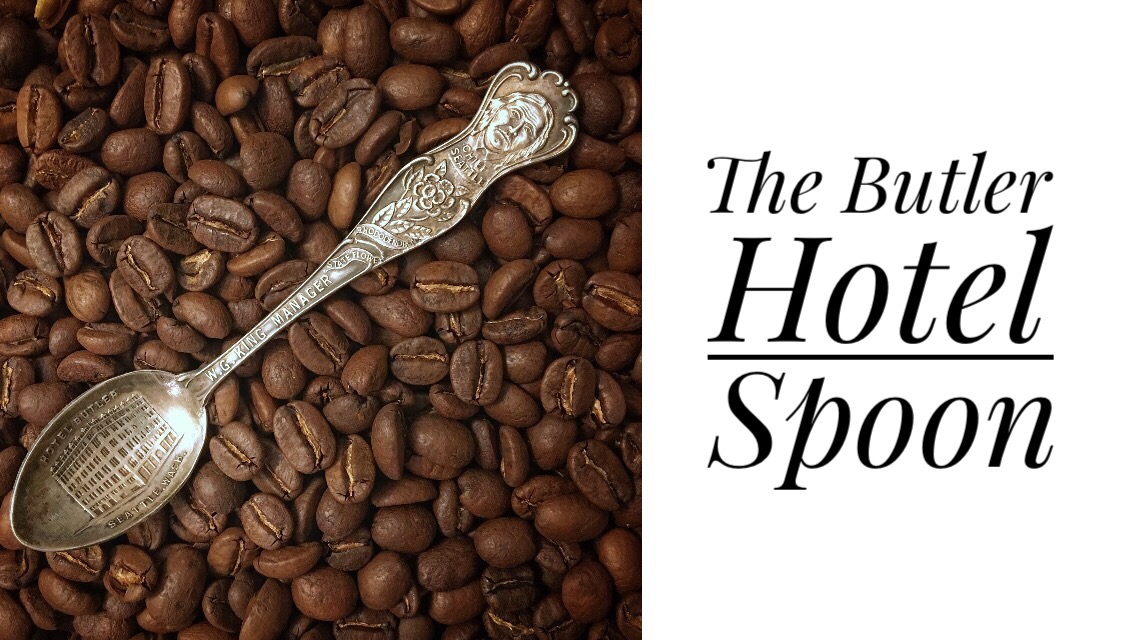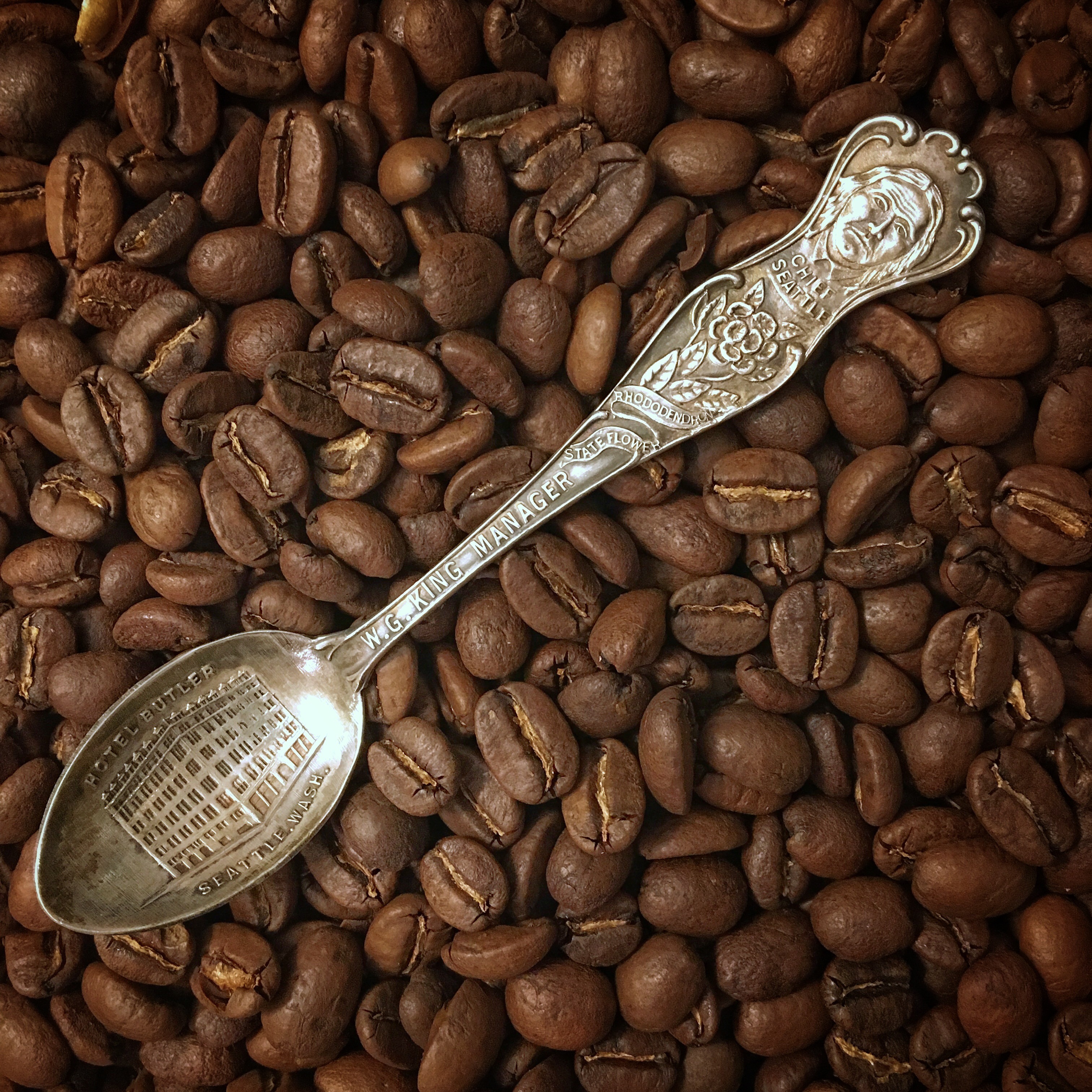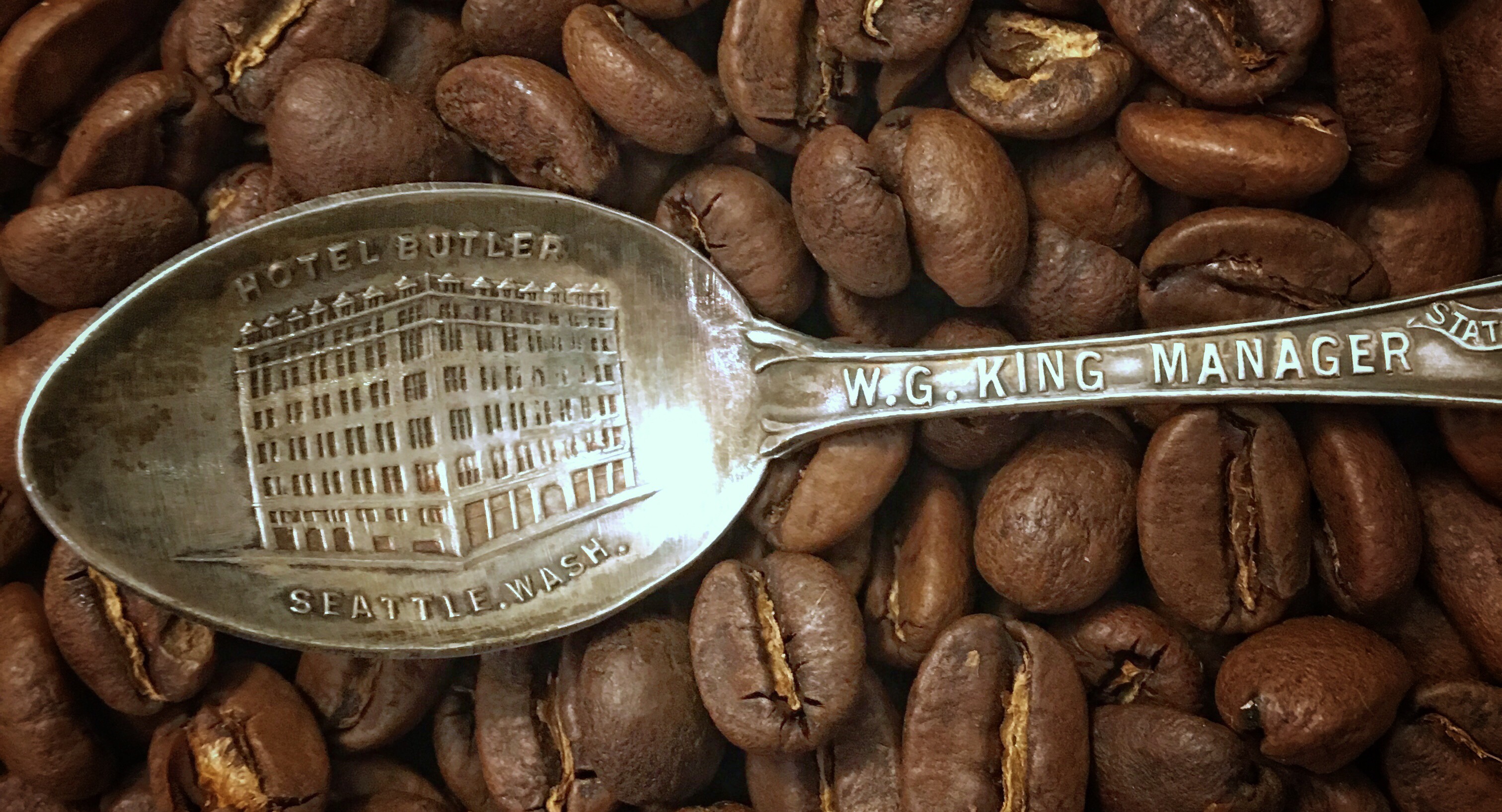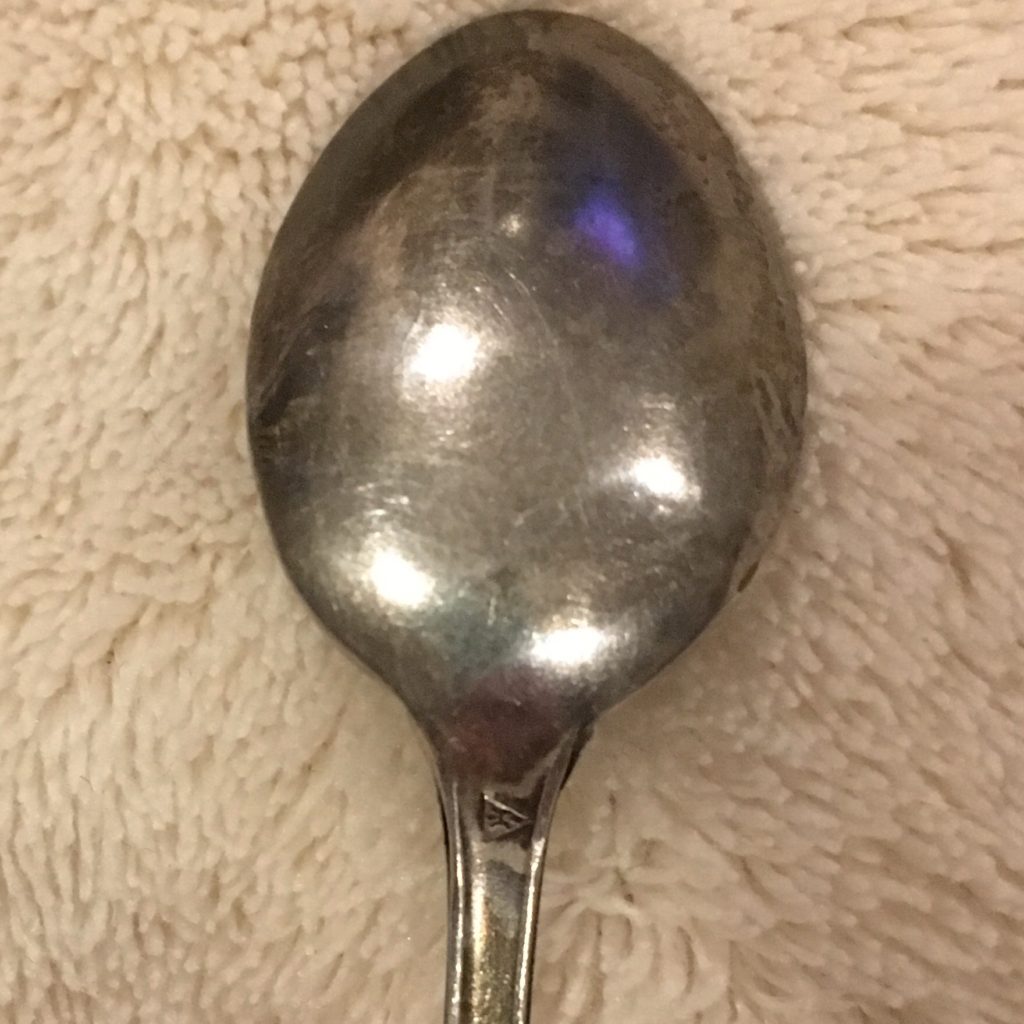On this day in 1926, Bertha Knight Landes became the first woman mayor of the city of Seattle, as well as the first woman mayor of a major American city. Landes was first elected to the Seattle City Council in 1922, became Council President when she was re-elected in 1924, and then was appointed acting mayor that same year when Mayor Edwin Brown left town to attend the Democratic National Convention. When Brown ran for re-election in March 1926, Bertha beat him by more than 6,000 votes.
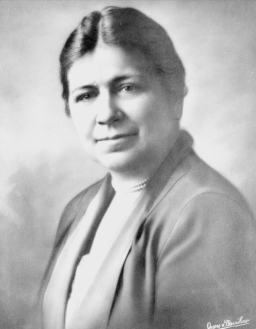
Seattle hasn’t had another female mayor since Bertha. It’s just been a long line of white males.
I don’t have a Bertha spoon (pretty sure there isn’t such a thing), so this souvenir spoon from the Butler Hotel in downtown Seattle will have to do.
The hotel opened in 1894 and was still around at the time of Bertha’s historic win. W.G. King was the manager from the early 1900s until around 1915, when E.F. Sweeney (who also owned a large part of the Seattle Brewing and Malting Company) took over.
The Butler closed in 1933 and all but two of the five stories were razed. “The Butler Block” still stands at Second and James Streets, but those lower two floors are now the Butler Garage.
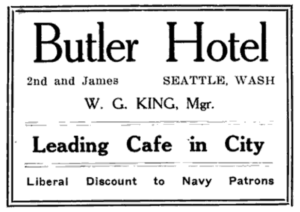
Chief Seattle’s image is at the top of the handle with the Washington State flower, a rhododendron underneath. The back of the handle has an engraving of Mount Rainier with the height of the mountain (14,444 feet).
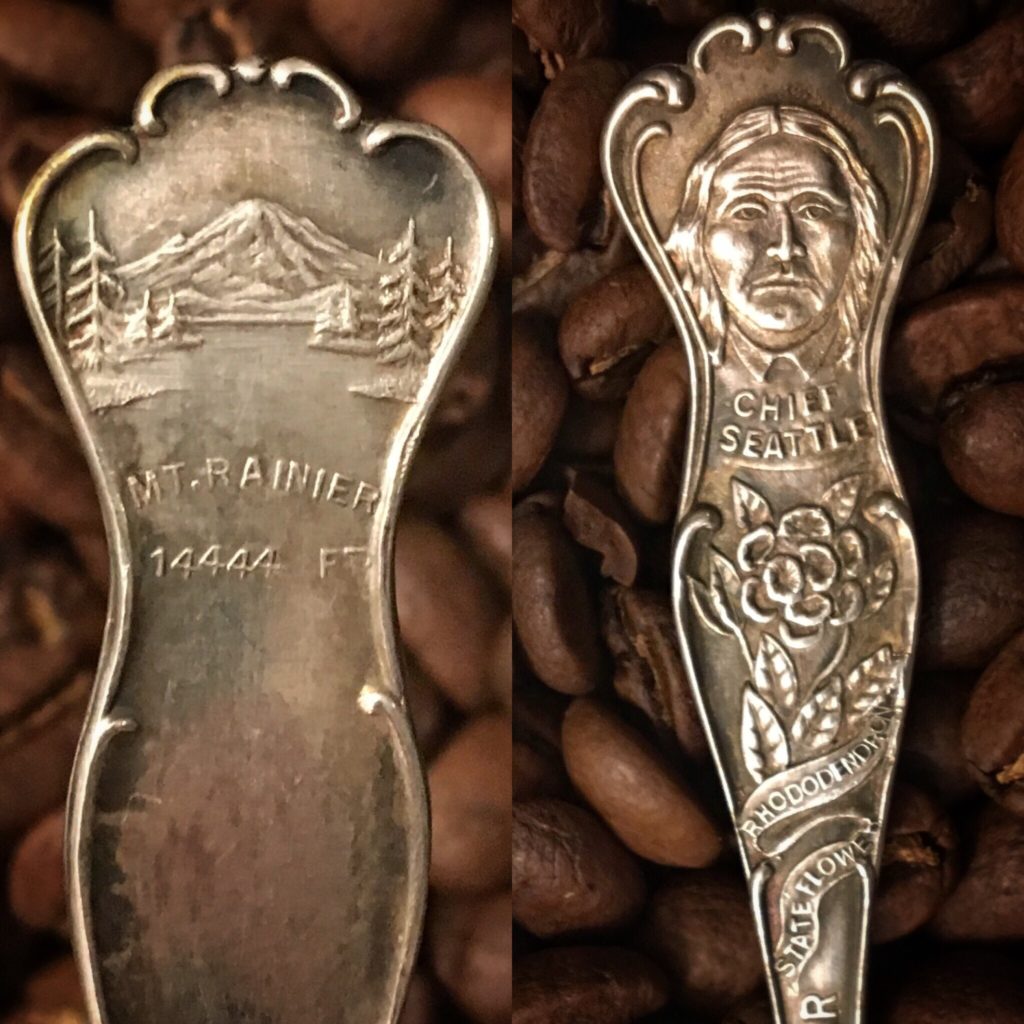
The maker’s mark on the back of the spoon indicates it was manufactured by Joseph Mayer and Bros., who were in business in Seattle until 1945, when they were bought by the Towle Company.

